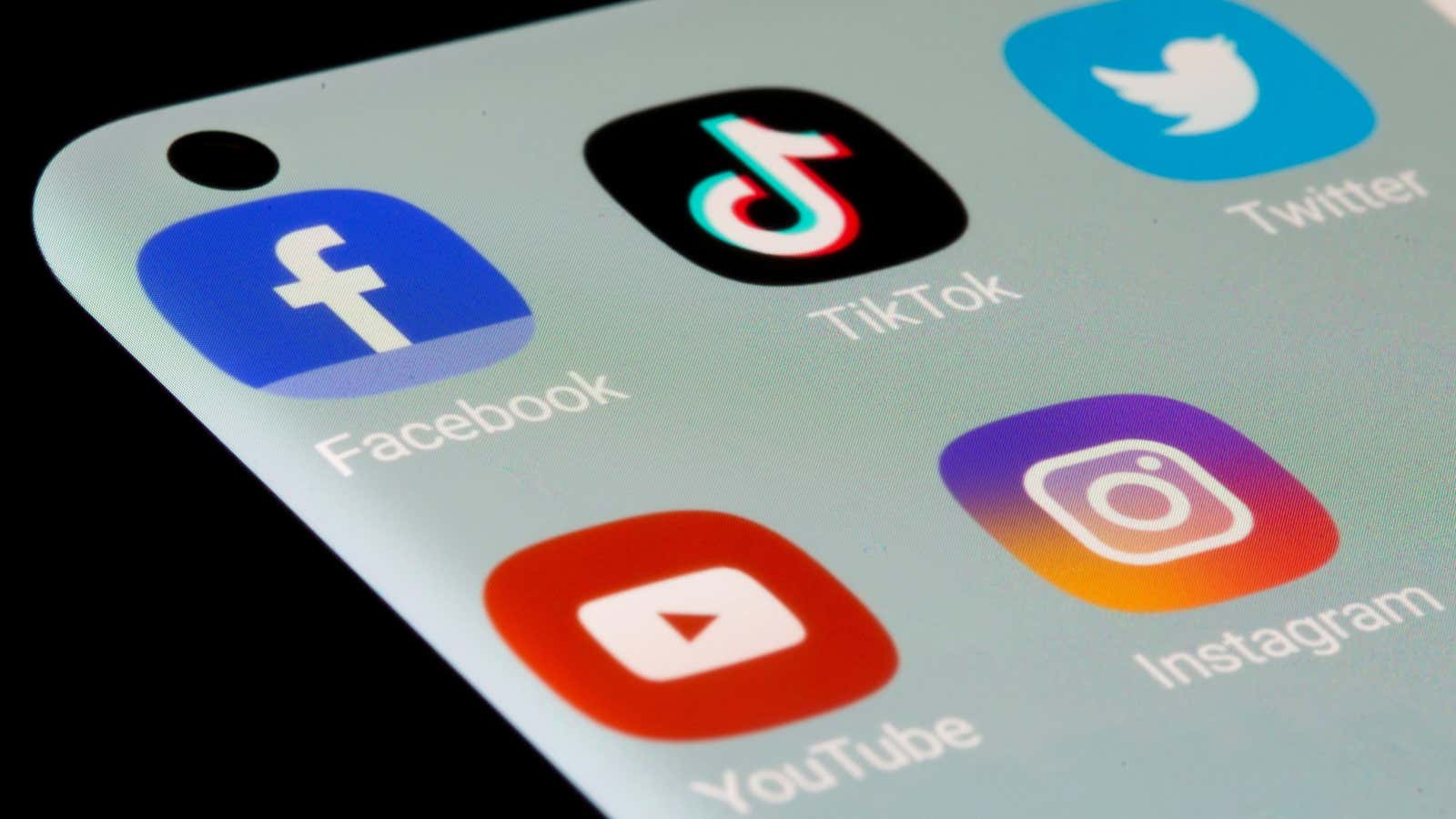Nearly half of all countries that have restricted social media access since 2015 are African, making the continent the least tolerant of social media globally, a new tracker says.
Thirty African countries have restricted social media access in this period, out of a total of 66 globally, according to the cybersecurity company Surfshark, which describes Africa as “a volatile environment for social media.”
Surfshark analyzed social media restrictions in 180 countries from 2015. It collected data through open-source information from Freedom House, which is a nonprofit that conducts research and advocacy on democracy, political freedom, and human rights; Netblocks, which is a watchdog organization that monitors cybersecurity and internet governance; and news reports.
The tracker considers social media as social networking sites such as Facebook, Twitter, Instagram, and YouTube, and communication apps including Skype, WhatsApp, Telegram, and Viber.
African governments restrict social media to stop dissent
Restricting social media access is one way that African governments use to stop dissent, with another being completely shutting down the internet. They typically do these during elections and protests.
“The practice of limiting social media access is usually the product of anti-democratic governments seeking to suppress citizens’ freedom,” the tracker says.
The results are far-reaching, as these actions conceal human rights violations, restrict access to information and negatively impact businesses.
According to the Surfshark tracker, at least 16 African countries have restricted social media access in the past due to elections and at least seven have done so due to protests and demonstrations.
This year alone, at least four African countries—Uganda, Senegal, Nigeria, and the Democratic Republic of Congo— have restricted social media access.
Globally, about one third of countries have restricted social media since 2015. The tracker notes that restriction of social media access is particularly prevalent in countries where state authorities own or control the internet infrastructure.
Sign up to the Quartz Africa Weekly Brief here for news and analysis on African business, tech, and innovation in your inbox.
